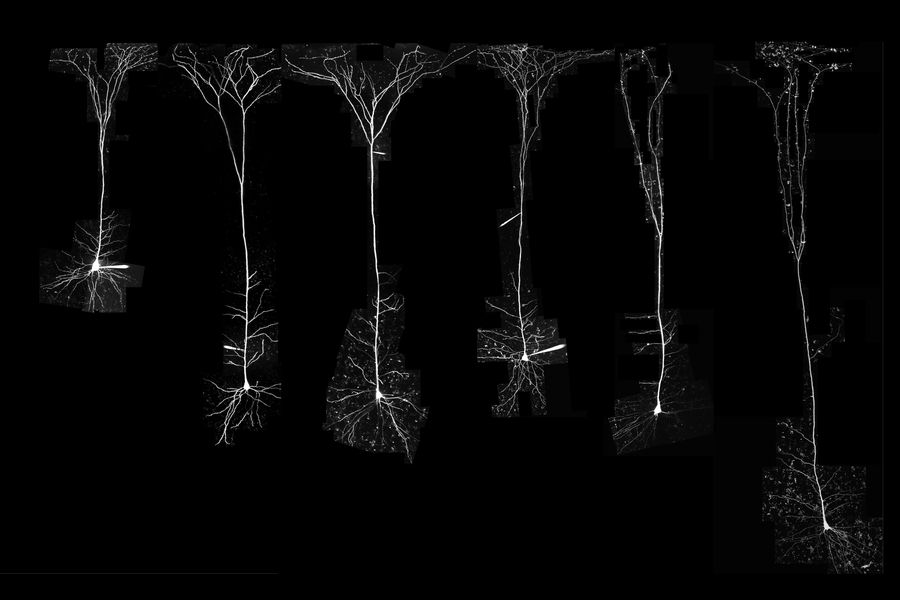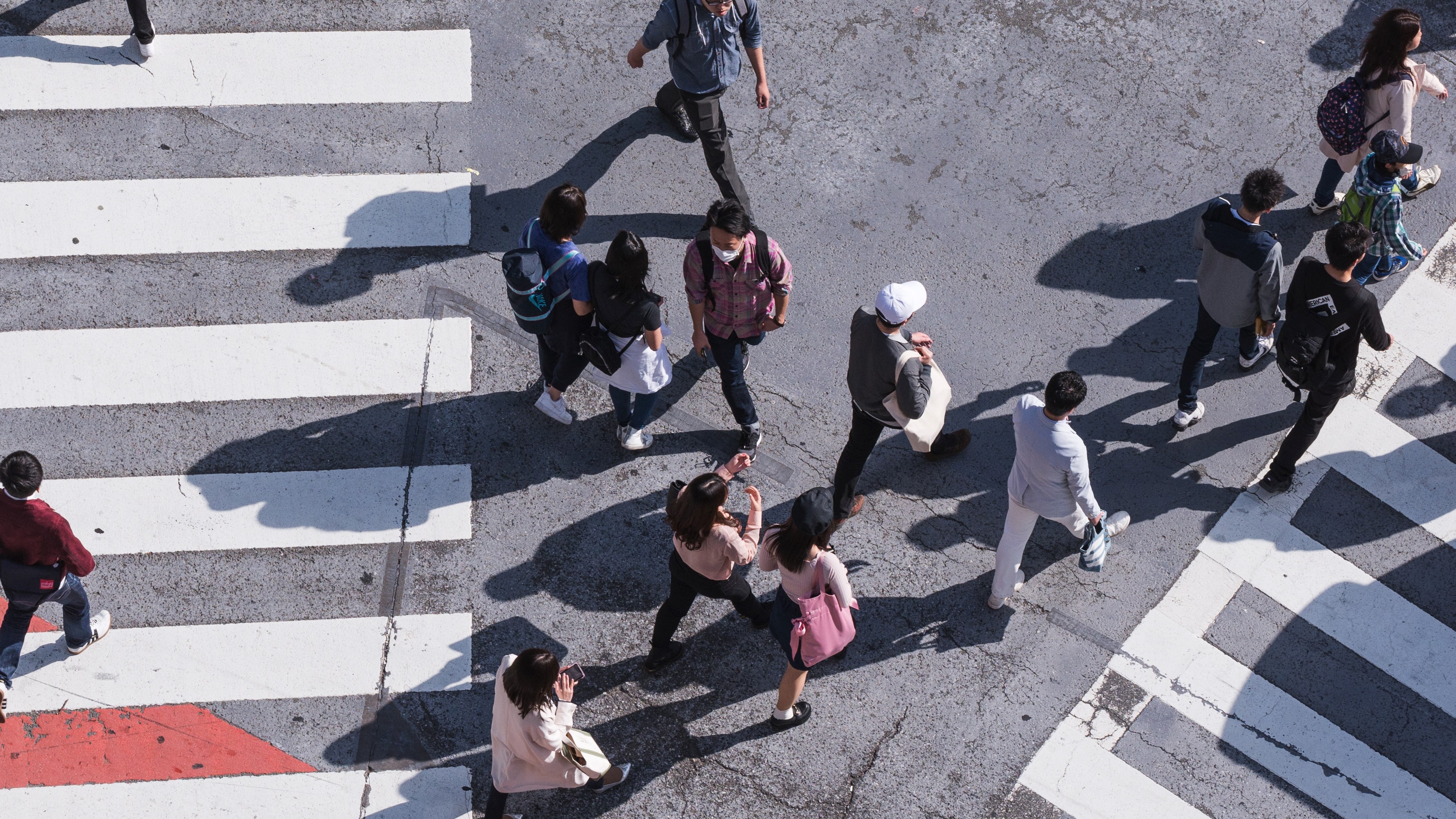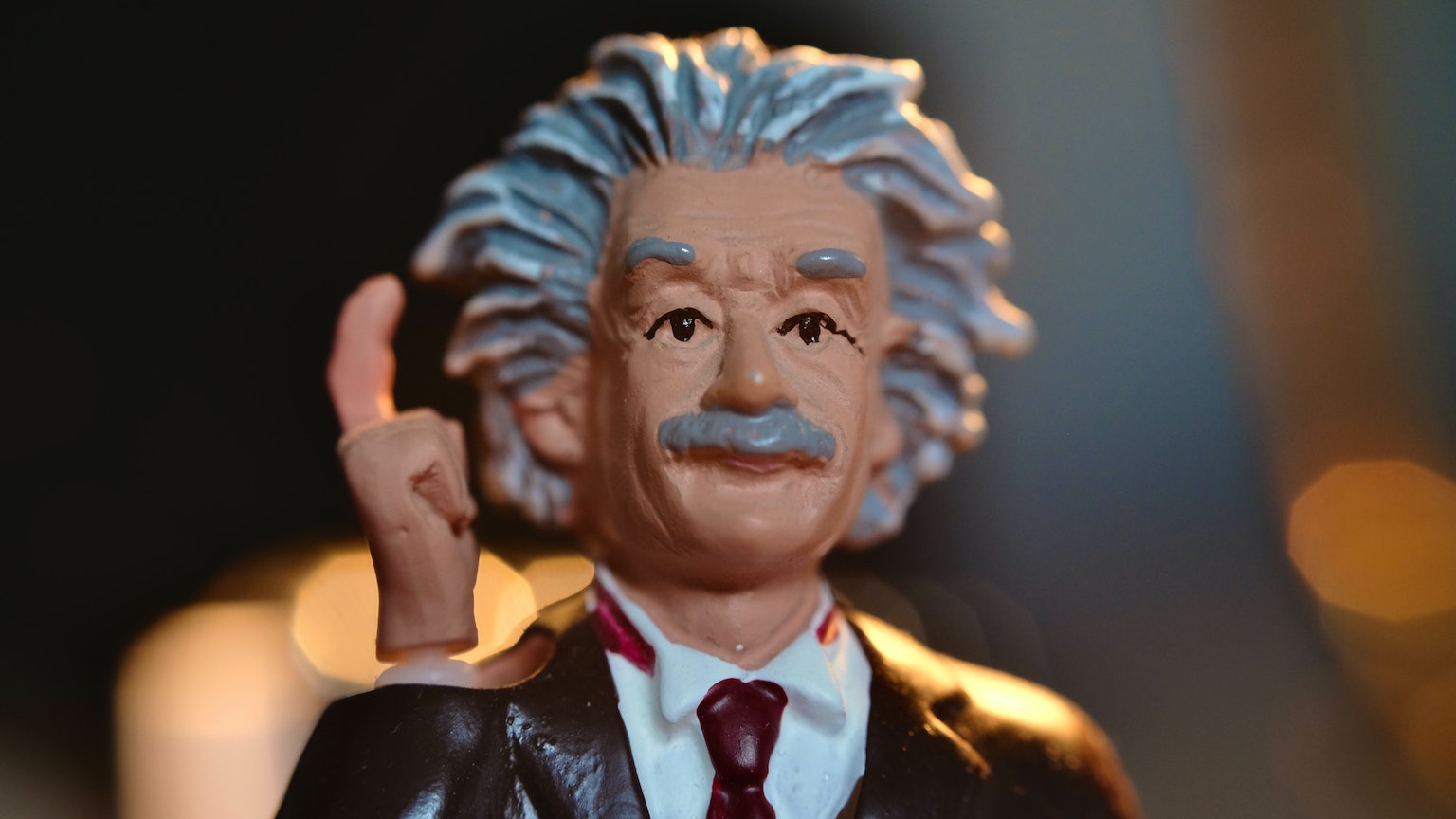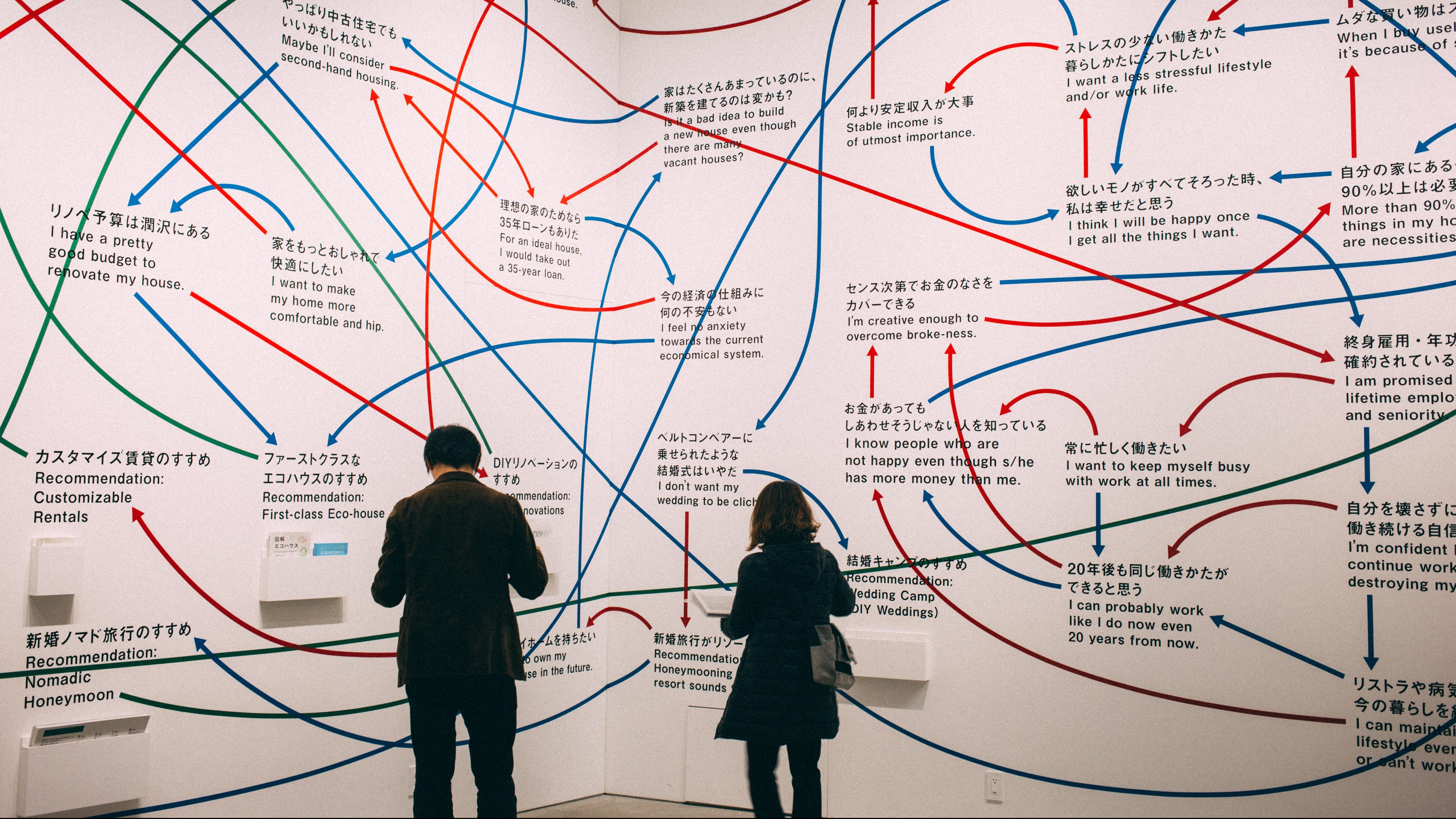Neuropsych
All Stories
In spreading politics, videos may not be much more persuasive than their text-based counterparts.
Our brains might be flooded with the hallucinogen DMT as we die, leading to vivid dreams.
Think leisure is pointless?
As the saying goes: “Pain is inevitable. Suffering is optional”.
In tough competitions, men tend to give up early when they feel a low sense of control. Testosterone eradicates that effect.
The human brain makes a striking deviation from the normal building plan.
Why does hearing sad music feel so good?
When we are more focused on the good things we enjoy in life, we have more to live for.
The internet has made it easier than ever to keep in touch with our exes. For people in relationships, that can cause problems.
Scientists want to use dream hacking devices to improve your creativity and memory.
Research shows that psilocybin leads people away from materialism and toward transcendentalism. Apparently, mushrooms teach metaphysics.
Music therapy might boost memory, but the benefits are small. Just in case, tell your grandparents to listen to their favorite 1960s tunes.
Like it or not, we are the descendants of busybodies.
Communication with home will be difficult on long-haul space flights. The longer this isolation goes on, the more detached a crew becomes.
Does the voice in your head castigate the voice coming out of a recording device?
A recent study illuminated surprising differences in how men and women seek help when struggling with relationships.
Our social instincts can lead us to adopt models of desire that might not serve our interests.
We seem to be wired to calculate not the shortest path but the “pointiest” one, facing us toward our destination as much as possible.
Our moral attitudes about sex and drugs share a genetic basis, suggests a recent study that examined the attitudes of more than 5,000 twins.
The ability to differentiate your emotions might make you less likely to suffer from depression, alcoholism, and anger issues.
Dedicated circuits evaluate uncertainty in the brain, preventing it from using unreliable information to make decisions.
We are more likely to agree with someone who also agrees with us. Young children, though, only trust themselves. We have to learn to trust.
A recent study casts doubt on the notion that watching porn, whether alone or with a partner, damages romantic relationships.
Great genius is not born of lightning bolt-like moments of inspiration. In reality, perseverance plays the biggest role.
Our minds are hyper-taxed due to hyper-tasking. We need to slow down and allow ourselves to daydream if we want to improve our attention.
Engaging in a brief mindfulness exercise made people who identified “I/me” words 33% less likely to volunteer.
Deep brain stimulation could represent a breakthrough in the treatment of mental health disorders like major depressive disorder.
The key is finding which lifestyle suits you best: hedonic, eudaimonic, or experiential.
To enable us to read, the brain piggybacks on other cognitive processes.





























